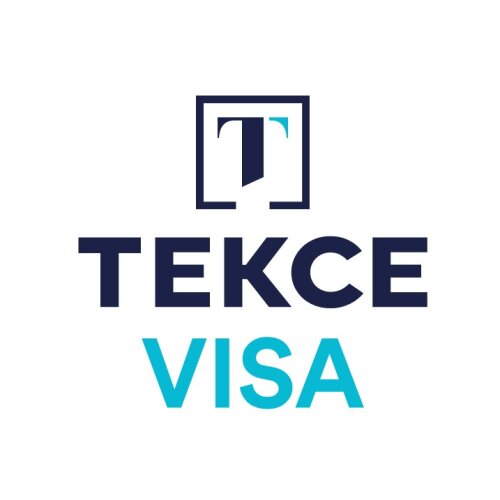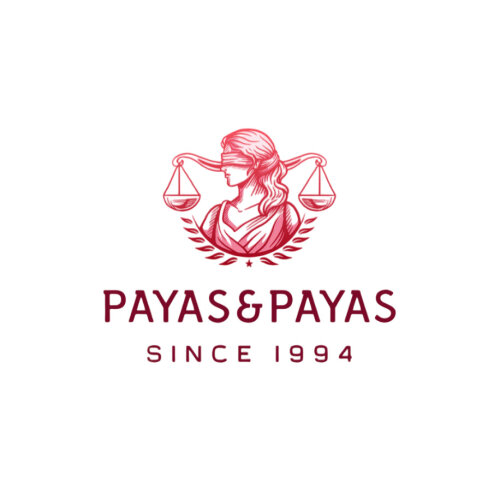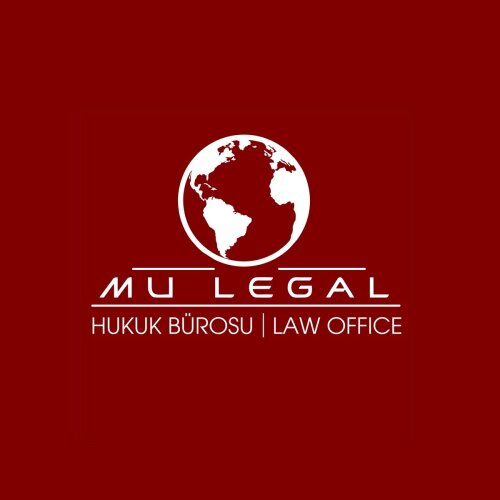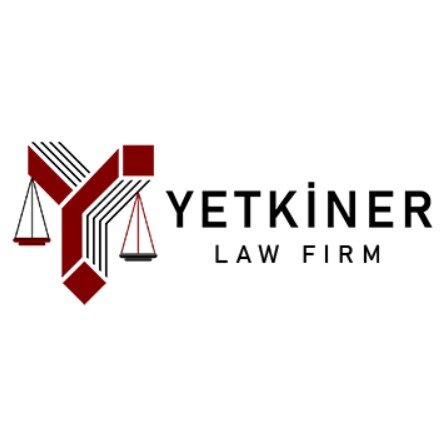Best Conveyancing Lawyers in Izmir
Share your needs with us, get contacted by law firms.
Free. Takes 2 min.
Free Guide to Hiring a Real Estate Lawyer
List of the best lawyers in Izmir, Turkey
About Conveyancing Law in Izmir, Turkey
Conveyancing in Izmir refers to the legal process of transferring property ownership from one party to another. Whether buying or selling residential, commercial, or land property, conveyancing ensures that the transfer complies with Turkish law. The conveyancing process includes a series of legal checks, paperwork, and official registrations. In Izmir, property transactions must follow specific regulations and are typically completed at the Land Registry Office (Tapu ve Kadastro Müdürlüğü). Both Turkish citizens and foreigners are eligible to purchase property, though certain restrictions and additional requirements apply to foreign buyers.
Why You May Need a Lawyer
While property transactions in Turkey can appear straightforward, there are several occasions when working with a lawyer is highly recommended. Buyers and sellers often seek legal counsel to:
- Verify property ownership and the absence of debt, mortgages, or encumbrances
- Negotiate and draft sale and purchase agreements that protect their interests
- Navigate regulations on foreign ownership and secure necessary military clearance for foreign buyers
- Handle disputes arising from boundary issues, inheritance, or joint ownership
- Ensure proper registration of title deeds and prevent fraudulent transactions
- Overcome language barriers and understand local legal documentation
- Comply with tax obligations and legal costs associated with property transfer
Hiring a qualified conveyancing lawyer in Izmir can help you avoid costly mistakes and ensure that your transaction proceeds smoothly and legally.
Local Laws Overview
Conveyancing in Izmir is governed by the Turkish Civil Code and related property laws. The key stages typically include a preliminary contract, due diligence, verification of ownership with the Land Registry, and the execution and registration of the title deed (Tapu). All property sales must be registered before a Land Registry official, and both parties must be present or represented by a legal power of attorney.
Foreign buyers must comply with additional rules:
- Foreigners can buy property unless it falls within military or security zones
- A military clearance is required to ensure the property's location is not within a restricted area
- There are limits on the size and number of properties a foreign individual or entity can own in Turkey
- Contracts must be notarized and all required taxes, including title deed transfer tax, must be paid before registration
All transactions must be conducted in Turkish, so official translators may be required.
Frequently Asked Questions
What documents are required for property transfer in Izmir?
Typically, you will need a valid passport or Turkish ID, a Turkish tax number, proof of payment for property transfer taxes, photographs, and the official title deed (Tapu).
Do I need to be present in person for conveyancing in Izmir?
Parties may attend in person or appoint a legal representative through a power of attorney to act on their behalf at the Land Registry Office.
Are there restrictions on foreigners buying property in Izmir?
Yes, foreigners cannot purchase properties located in military or security zones and are subject to certain limits on the total land area owned.
How do I check if there are debts or legal issues attached to a property?
A lawyer can conduct a title search at the Land Registry Office to verify ownership, debts, mortgages, or any encumbrances on the property.
What taxes must be paid during a property transfer in Izmir?
The primary tax is the title deed transfer tax, generally paid by both buyer and seller, along with stamp duty and possible capital gains tax for the seller.
How long does the conveyancing process take?
Once all documents are in order, the conveyancing process can take a few days to several weeks, especially if military clearance is required for foreign buyers.
Is it mandatory to use a lawyer for conveyancing in Turkey?
While not legally required, hiring a lawyer is strongly recommended to avoid legal complications, especially for foreign buyers and sellers.
How can I protect myself from property fraud in Izmir?
Employ a qualified lawyer, verify ownership with the Land Registry Office, never make payments before title deed transfer, and ensure all documentation is authentic.
Can I buy property in Izmir remotely from abroad?
Yes, you can appoint a lawyer or trusted individual as your power of attorney to handle all procedures on your behalf.
What happens if there is a dispute after the sale?
Disputes over boundaries, inheritance, or ownership claims may be settled through negotiation, mediation, or court proceedings, often requiring legal representation.
Additional Resources
For further guidance or official procedures related to property transactions in Izmir, you may find it helpful to consult:
- Izmir Land Registry Office (Tapu ve Kadastro Müdürlüğü)
- Izmir Bar Association (İzmir Barosu) for lawyer referrals
- Republic of Turkey Ministry of Environment, Urbanization, and Climate Change
- Consulates and embassies for foreign nationals seeking legal assistance
- Professional real estate organizations and notary offices in Izmir
Next Steps
If you need legal assistance with a conveyancing matter in Izmir, start by gathering all the necessary documents related to the property. Next, consult a lawyer specializing in property law or conveyancing. Arrange a meeting to discuss the details of your transaction and clarify any concerns you may have. A lawyer can guide you through due diligence, drafting agreements, and overseeing the registration process. If you are purchasing as a foreign national, ensure you understand additional steps such as military clearance. Taking these measures will help ensure your property transaction in Izmir is secure and legally compliant.
Lawzana helps you find the best lawyers and law firms in Izmir through a curated and pre-screened list of qualified legal professionals. Our platform offers rankings and detailed profiles of attorneys and law firms, allowing you to compare based on practice areas, including Conveyancing, experience, and client feedback.
Each profile includes a description of the firm's areas of practice, client reviews, team members and partners, year of establishment, spoken languages, office locations, contact information, social media presence, and any published articles or resources. Most firms on our platform speak English and are experienced in both local and international legal matters.
Get a quote from top-rated law firms in Izmir, Turkey — quickly, securely, and without unnecessary hassle.
Disclaimer:
The information provided on this page is for general informational purposes only and does not constitute legal advice. While we strive to ensure the accuracy and relevance of the content, legal information may change over time, and interpretations of the law can vary. You should always consult with a qualified legal professional for advice specific to your situation.
We disclaim all liability for actions taken or not taken based on the content of this page. If you believe any information is incorrect or outdated, please contact us, and we will review and update it where appropriate.

















